Herbal supplements have become a go-to choice for athletes focused on recovery, and I’ve been genuinely interested in watching this switch up in the fitness world. The number of pro and recreational athletes mixing botanicals into their postworkout routines is rising fast. With all the buzz, it’s not just a fleeting trend; there are some solid reasons behind it. People want more natural, balanced ways to bounce back after training hard, sidestep synthetic additives, and maybe even avoid some of the harsh side effects from standard treatments.
The herbal supplement industry is booming globally, and sports recovery brands are catching on quickly. A few years ago, most athletes I knew stuck with protein powders, conventional pain relievers, or pure rest. Now, shelves are stocked with turmeric capsules, ashwagandha blends, and tart cherry extracts designed for everything from muscle soreness to better sleep. So what’s really pushing athletes to add herbal supplements to their recovery arsenal?
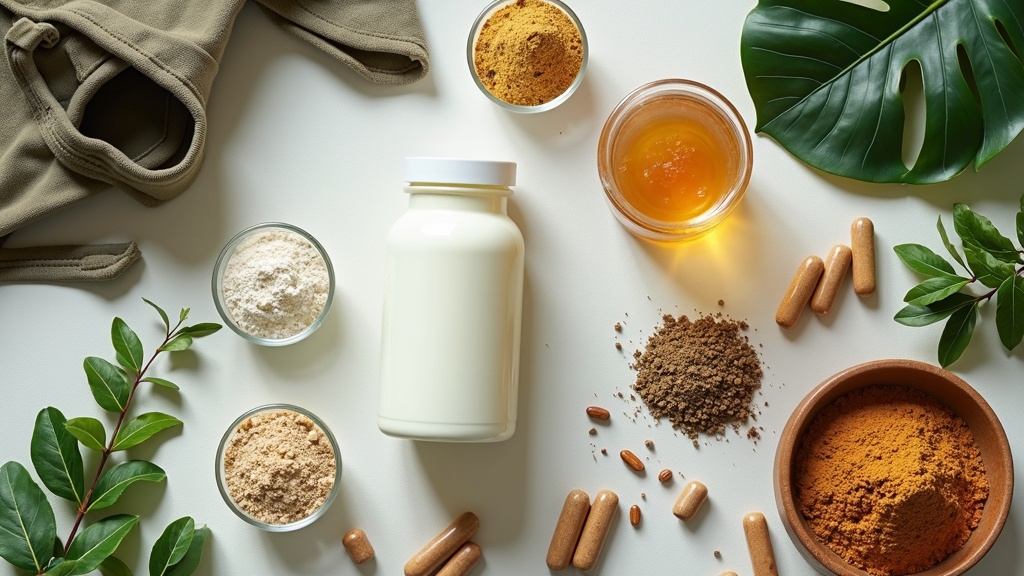
Supplement Category: Herbal Recovery Aids
Popular Uses: Faster muscle repair, reduced soreness, inflammation support, improved sleep
Types: Capsules, powders, teas, tinctures, topical creams
Top Ingredients: Turmeric, ginger, ashwagandha, tart cherry, CBD, arnica, ginseng, rhodiola
Where to Buy: Health food stores, specialist supplement shops, online retailers
Overall User Interest: Surge in adoption among athletes in the past five years
Third-Party Reviews: Many herbal products now tested for purity (USP, NSF)
Free Info: Loads of free guides and webinars available via sports nutrition brands, plus tips from naturopaths and holistic coaches online (no credit card needed for most introductory content)
The main thing that stands out about these supplements is how they’re designed to support recovery from multiple angles. Whether you’re chasing a new marathon PR, rehabbing a nagging injury, or just want to feel less groggy after a tough match, there’s probably a herb or botanical blend promising some kind of perk.
I’ve found that you don’t have to be an expert in herbal medicine to get started. There are plenty of simple products, easy teas, or blends that fit right into an existing recovery routine. For anyone new to this, starting with a single ingredient product and seeing how your body responds makes a lot of sense.
What’s Driving the Switch Up Toward Herbal Recovery?
One thing that’s become clear to me is athletes want more than just a quick fix for sore muscles. The old way, pop an anti-inflammatory pill or ice it down, still has its place. But lots of athletes I talk to are now looking for supplements that promote repair, manage stress, boost sleep, and even help with mood swings that sometimes happen after tough training weeks.
Some popular drivers behind the herbal supplement boom:
- Emphasis on natural solutions: There’s a big move away from synthetic painkillers and artificial ingredients. Many athletes feel better about taking something natural, especially as stories of overuse and side effects of conventional meds circulate.
- Digestive health and absorption: Herbs like ginger and peppermint not only ease nausea but may help with digestion, helping the body process nutrients after tough workouts.
- Mental wellness: Adaptogens like ashwagandha and rhodiola are increasingly linked to stress balance and mood, two things that definitely impact recovery speed.
- Chronic pain and inflammation management: Instead of masking pain, some herbs (like turmeric and boswellia) aim to reduce underlying inflammation, which is a big deal for long-term joint and muscle health.
The experience of switching to a more holistic recovery system has been positive for a lot of athletes I know. They talk about sleeping deeper, bouncing back from hard training faster, and even feeling less anxious about competitions.
Key Benefits Athletes Look For With Herbal Supplements
1. Multilayered Recovery Support
Modern training puts stress on not just muscles and joints, but also on sleep cycles, mood, and immune health. The herbs and botanicals used in sports recovery are often picked for just this reason. For example:
- Chamomile and valerian root teas are favorites for restful sleep.
- Tart cherry extract is known for its anti-inflammatory action and its ability to improve sleep quality with natural melatonin.
- Ginger and turmeric, both strong anti-inflammatories, help reduce stiffness and soreness after high-intensity sessions.
2. Natural Alternatives to Synthetic Products
Athletes are growing more cautious about the chemicals they put in their bodies. Herbal supplements often have fewer additives, less sugar, and are seen as a “cleaner” way to aid recovery. Products certified by third-party testers are especially popular since athletes need to make sure they’re not accidentally taking a banned substance.
3. Lower Risk of Side Effects
Over-the-counter painkillers and NSAIDs can be rough on the stomach and kidneys, especially when used often. I’ve noticed more athletes mentioning fewer “gut bombs” or headaches when they switch to herbal alternatives. It’s still important to talk to a doctor or sports nutritionist before major changes; herbs are not always risk-free, but for many, gentle botanicals have been a nice fit.
4. Support for Mood and Motivation
Recovery isn’t just about sore muscles. Dealing with burnout, low motivation, or anxiety are common challenges, especially for competitive athletes. Ashwagandha, holy basil, and rhodiola are often used to boost stress resilience and keep motivation high through the ups and downs of a training cycle.
- Energy and alertness support: Ginseng and maca root sometimes show up in posttraining blends for an added kick without the jitters from traditional stimulants.
Busting the Myths—What Herbal Supplements Can and Can’t Do
Just because herbs are natural doesn’t mean they’re magic. I see plenty of misleading claims online. Here’s what to keep an eye on:
- Science-backed, not miracle cures. Some herbs like turmeric, ginger, and tart cherry have good human research supporting their use for pain and inflammation, but they won’t heal a torn ligament overnight or make up for bad sleep habits.
- Quality really matters. Not all herbal products are created equal. Purity, testing, and proper dosing make a big difference in results and safety. Sticking with reputable brands and asking about third-party verification is worth the effort.
- Allergies and interactions are possible. Certain herbs can interact with medications or aren’t suitable for everyone (for example, ginger can thin blood, and ashwagandha is not for everyone with thyroid issues). Always double-check with a knowledgeable professional.
Meet the Big Players: Popular Herbal Ingredients in Sports Recovery
There’s an endless list of herbs out there, but here are a few I see again and again in athlete circles, along with how they’re usually used:
- Turmeric & Curcumin: Known for serious anti-inflammatory support; blends with black pepper (piperine) can boost its absorption.
- Tart Cherry: Used to reduce delayed onset muscle soreness (DOMS) and support sleep.
- Ginger: Great for nausea and muscle pain, also makes a solid tea.
- Ashwagandha: Believed to moderate stress, support muscle mass gains, and help keep energy stable.
- Arnica: Often found in creams and gels for topical application to bruises, sprains, or joint pain.
- CBD (Cannabidiol): Many athletes report relief with joint pain, swelling, and sleep; always make sure it’s a THC-free formula if competing.
- Rhodiola Rosea: Claimed to support stamina, focus, and endurance during intense cycles.
- Boswellia Serrata: Used for joint comfort and reducing exercise-induced inflammation.
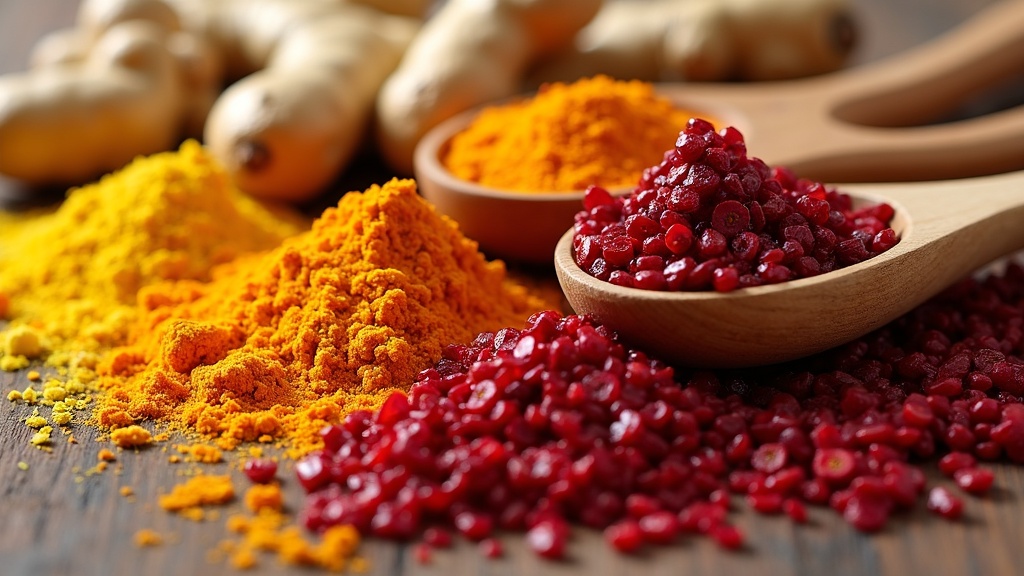
Most of these are available as powders or capsules, but you’ll also find them in drinks, gels, ointments, and even sports gummies now. It’s honestly kind of fun picking which delivery form fits your own routine best.
How Athletes Blend Herbal Supplements Into Daily Recovery
The strategies for using herbal supplements are as varied as the athletes themselves. Some folks stick with a morning adaptogen powder or evening sleepytime tea. Others layer multiple products throughout the day. Here are a few real-world approaches that seem to work:
- Pre-Workout Support: Beetroot, rhodiola, or ginseng to prep for a tough session
- Post-Workout Routine: Turmeric ginger tea or capsules to hit inflammation right after training
- Nighttime Wind Down: Chamomile, valerian, or tart cherry for better sleep and muscle repair during rest
- Topical Recovery: Arnica or CBD balms applied right to sore joints or bruises
- Digestive Help: Peppermint or ginger to keep postworkout shakes sitting well
Everyone’s tolerance and needs are a little different, so tracking what you take and how you feel (in a recovery journal or app) is a good habit to build. This helps spot any improvements, tolerances, or unexpected side effects. For athletes subject to doping regulations, checking for certifications like NSF Certified for Sport is really important.
Scientific Support and Where to Track Down Good Information
There’s a growing pile of research; especially for ingredients like curcumin, tart cherry, and CBD. For example, studies show tart cherry can cut muscle soreness after running by up to 25%, and turmeric is being tested in studies related to reducing joint pain in athletes. Herbal adaptogens are one of the newer focuses, with ashwagandha and rhodiola showing promise for stress management and stamina improvements.
Some of my favorite sources for research updates include the NIH National Center for Complementary and Integrative Health, PubMed, and review sites like Examine.com. I’ve also found that sports dietitians and naturopathic doctors are great at explaining the pros and cons in easy-to-understand ways. If you want to dig into the topic, check out the International Society of Sports Nutrition’s position statements, which sometimes highlight plant-based recovery aids.
Why Athletes Pair Herbal Supplements With Smart Lifestyle Choices
Supplements can play a big role, but most athletes combining herbs with solid sleep routines, balanced eating, and active rest see the best gains. Think of herbal recovery as one part of a much more complete plan. Many folks notice their herbal routine works best when used with gentle stretching, massage, or regular contrast baths (hot/cold therapy).
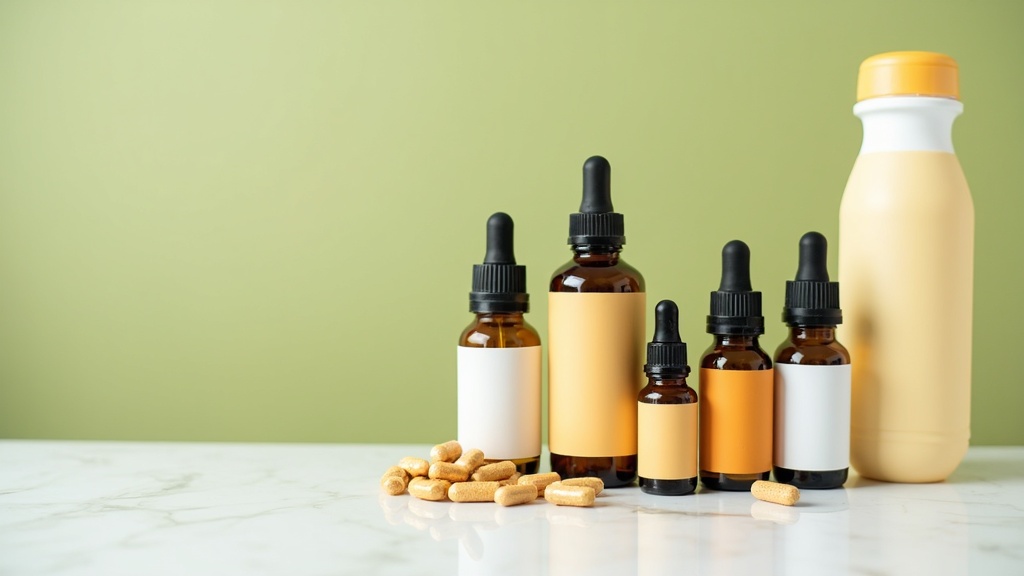
Choosing the Right Herbal Supplements for Your Recovery Needs
Finding the best herbal goods pretty much comes down to a bit of research, trial and error, and paying attention to your own body. Here’s what’s worked for me and others I’ve trained with:
- Start with a single ingredient supplement and go from there. It’s easier to pinpoint effects and avoid overwhelm.
- Look for third-party testing and clear, transparent labels. Avoid anything with lots of fillers or junk add-ons.
- Check for common allergens (wheat, soy, gluten, etc.).
- Ask a pro—especially if you’re on medications, have health conditions, or compete under anti-doping rules.
- Remember that results can take a week or more to really show up, especially with adaptogenic herbs.
For anyone considering a bigger protocol, working with a sports-focused naturopath or a dietitian familiar with botanicals saves a lot of guessing.
Best Practices to Integrate Herbs Into a Recovery Plan
Here’s a framework that’s worked for many athletes, from weekend warriors to competitive folks:
- Consult: Get input from a healthcare provider, especially if you’re on meds.
- Test: Try a new supplement for at least 2–3 weeks, noting any changes in soreness, endurance, sleep, or mood.
- Cycle: Some people like to cycle off adaptogens for a week or two every month.
- Monitor: Use a simple tracking sheet to log how you feel after each training session.
- Combine with nutrition: Pair herbs with whole foods, solid hydration, and protein for max recovery effects.
Where to Buy Herbal Supplements for Athletic Recovery
The choices can be overwhelming; local health food shops, trusted supplement retailers, and online stores all offer plenty of options. I tend to stick with brands that publish lots of info about their sourcing, purity, and ingredient testing. Here are a few tips I use myself:
- Check for certifications (USP, NSF, Informed Sport)
- Look up independent lab reports when available
- Check sports forums and user reviews specific to athletics (Reddit forums or sports nutrition blogs can be handy)
- Watch for money-back guarantees as a sign of brand confidence
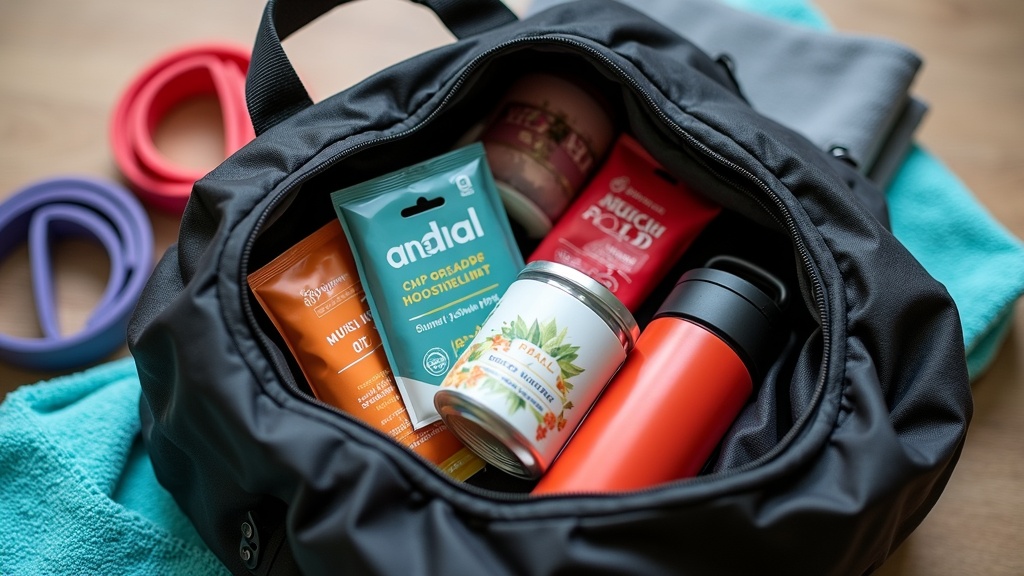
Quick Start: My Top Herbal Products to Get You Going
If you’re new to this world, here are a few products and blends that are pretty widely respected among athletes and coaches right now:
- Tart cherry concentrate (for muscle soreness and sleep support)
- Turmeric with black pepper extract (for joint and inflammation support)
- Ashwagandha capsules (for stress balance and recovery)
- Topical arnica gel (for bumps, bruises, and swelling without taking a pill)
- Chamomile or valerian root tea (for nighttime relaxation and muscle repair)
Most newcomers find adding just one or two of these is a nice way to start, without overcomplicating their routine.
Building Community Support and Staying Motivated
One cool thing about this trend; there’s a big community feel. You’re not alone in trying this out. Forums, Facebook groups, and even local running or CrossFit clubs talk a lot about their herbal routines. Comparing notes, sharing supplements, or even trading recipes for homemade turmeric ginger drinks is more common than you’d think. That camaraderie helps with accountability and keeps recovery fun instead of feeling like a chore.
- Members often swap stories about what’s working, compare brands, and celebrate even tiny wins (“Slept better after that beetroot tea!”).
- Find a group or forum that fits your own sport or activity. There’s a real advantage to bouncing ideas off people with firsthand experience.
Recovery Isn’t Just About Muscles; The Full-Body Approach
What I love about this herbal recovery boom is how it’s nudging athletes to look at recovery as a whole life thing. Sure, you want your legs to feel fresh after squats or a long run, but the best results seem to come when you also focus on quality sleep, steady mood, healthy digestion, and a generally positive mindset. Herbs are just one part of a much bigger, more personalized puzzle.
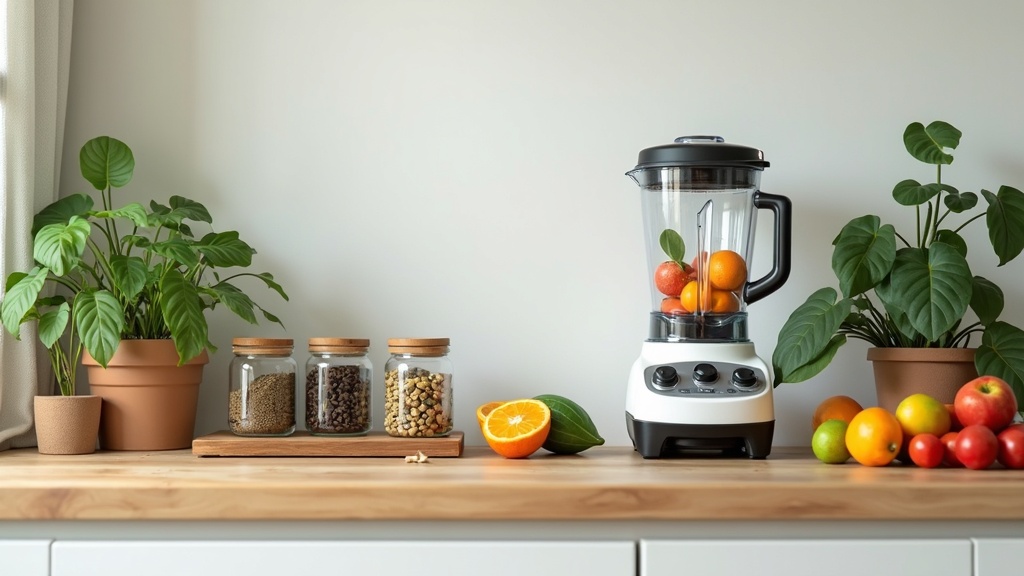
Price Considerations; What to Expect to Pay When Shopping for Herbal Supplements
Herbal supplements can run the gamut pricewise. Here’s what usually determines the cost:
- Ingredient purity and sourcing (organic, sustainably grown herbs may be pricier)
- Testing and certifications (products tested for sports contamination tend to cost more)
- Blends vs single ingredient products (blends can be more expensive per serving)
- Type of supplement (tinctures, powders, and gels all have different price points)
Most herbal capsules or powders range from $20–$50 for a month’s supply. Topical gels or balms are usually in the $10-30 range. Specialized recovery blends might be on the higher end, especially if third-party tested.
Tips for Long-Term Success With Herbal Recovery
Building herbal supplements into your lifestyle works best when you keep expectations realistic and make tweaks as you go:
- Don’t overdo it; more isn’t automatically better. Follow dosage guidelines and start gradual.
- Be patient with results, especially when it comes to mood, sleep, or inflammation (the improvements tend to show up slowly and build over time).
- Stay open minded; recovery is different for everyone and what works for a teammate or friend doesn’t always work for you.
- Use herbs as part of a larger recovery kit (including proper rest, protein, hydration, and mobility work).
My Final Thoughts
Watching so many athletes explore herbal supplements for recovery has been inspiring. The interest isn’t only about boosting recovery; a big part of the appeal is feeling better day to day, enjoying workouts and life with fewer aches, and just generally being proactive about health. I’m seeing more conversations around individualized recovery plans, honest sharing of both successes and disappointments, and growing respect for nature’s role in highperformance living.
Anyone thinking of getting into herbal support for recovery doesn’t have to go all in from the start. Begin with the basics, monitor your own experience, and don’t be afraid to ask for help or advice from experienced sports health professionals. As the scientific research grows and more athletes share their honest stories, herbal supplements are earning a welldeserved place in the world of modern recovery.
PS. Got questions about specific herbs or want to swap notes on what’s worked for you? Drop a comment here or check out a quality athletefocused nutrition community. There are always folks happy to help or point you toward the latest research. Cheers to happier, healthier recoveries!
